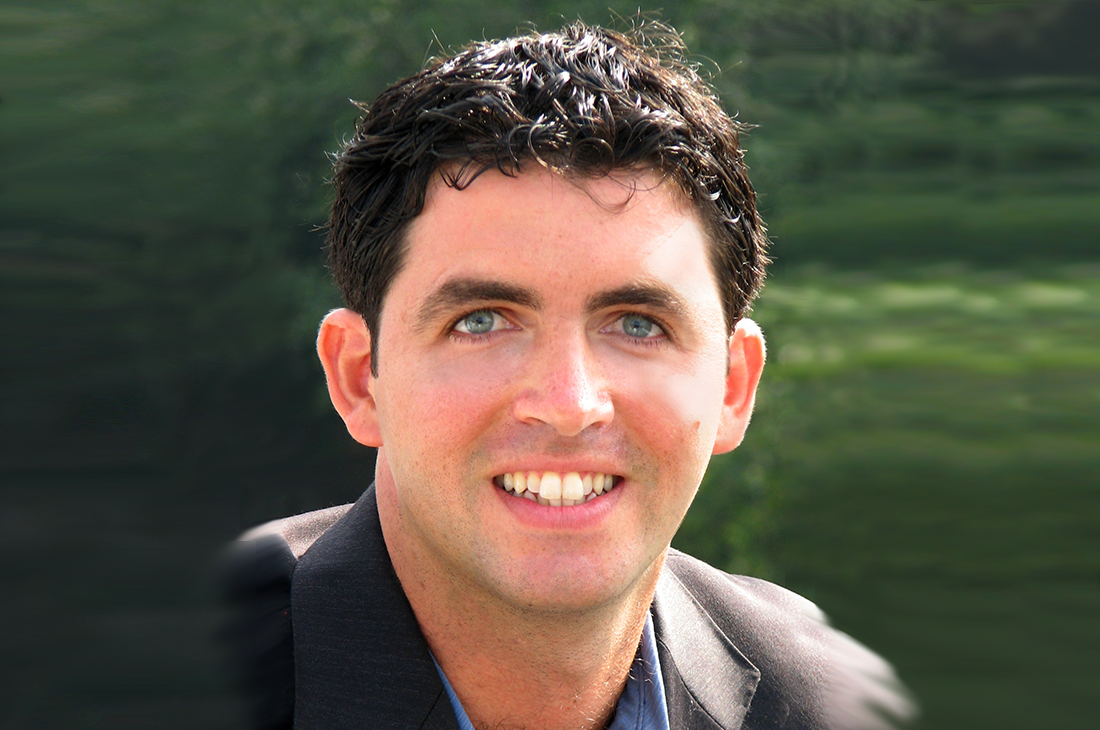
Join us for the next instalment of the STAGE International Speaker Seminar Series (ISSS) with
Dr. Manolis Kellis
Professor, MIT Computer Science and Artificial Intelligence Lab
Member, Broad Institute of MIT and Harvard
Director, MIT Computational Biology Group
Free Hybrid (In person/Online) Event | Registration Required
Talk Title:
From genomics to therapeutics: Single-cell dissection and manipulation of disease circuitry
Abstract:
Disease-associated variants lie primarily in non-coding regions, increasing the urgency of understanding how generegulatory circuitry impacts human disease. To address this challenge, we generate comparative genomics, epigenomic, and transcriptional maps, spanning 823 human tissues, 1500 individuals, and 20 million single cells. We link variants to target genes, upstream regulators, cell types of action, and perturbed pathways, and predict causal genes and regions to provide unbiased views of disease mechanisms, sometimes re-shaping our understanding. We find that Alzheimer’s variants act primarily through immune processes, rather than neuronal processes, and the strongest genetic association with obesity acts via energy storage/dissipation rather than appetite/exercise decisions. We combine single-cell profiles, tissue-level variation, and genetic variation across healthy and diseased individuals to map genetic effects into epigenomic, transcriptional, and function changes at single-cell resolution, to recognize celltype- specific disease-associated somatic mutations indicative of mosaicism, and to recognize multi-tissue single-cell effects of exercise and obesity. We expand these methods to electronic health records to recognize multi-phenotype effects of genetics, environment, and disease, combining clinical notes, lab tests, and diverse data modalities despite missing data. We integrate large cohorts to factorize phenotype-genotype correlations to reveal distinct biological contributors of complex diseases and traits, to partition disease complexity, and to stratify patients for pathway-matched treatments. Lastly, we develop massively-parallel, programmable and modular technologies for manipulating these pathways by high-throughput reporter assays, genome editing, and gene targeting in human cells and mice, to propose new therapeutic hypotheses in Alzheimer’s, obesity, and cancer. These results provide a roadmap for translating genetic findings into mechanistic insights and ultimately new therapeutic avenues for complex disease and cancer.
Speaker Profile:
Manolis Kellis is a professor of computer science at MIT, a member of the Broad Institute of MIT and Harvard, a principal investigator of the Computer Science and Artificial Intelligence Lab at MIT, and head of the MIT Computational Biology Group. His research includes disease circuitry, genetics, genomics, epigenomics, coding genes, non-coding RNAs, regulatory genomics, and comparative genomics, applied to Alzheimer’s Disease, Obesity, Schizophrenia, Cardiac Disorders, Cancer, and Immune Disorders, and multiple other disorders. He has led several large-scale genomics projects, including the Roadmap Epigenomics project, the ENCODE project, the Genotype Tissue-Expression (GTEx) project, and comparative genomics projects in mammals, flies, and yeasts. He received the US Presidential Early Career Award in Science and Engineering (PECASE) by US President Barack Obama, the Mendel Medal for Outstanding Achievements in Science, the NIH Director’s Transformative Research Award, the Boston Patent Law Association award, the NSF CAREER award, the Alfred P. Sloan Fellowship, the Technology Review TR35 recognition, the AIT Niki Award, and the Sprowls award for the best Ph.D. thesis in computer science at MIT. He has authored over 245 journal publications cited more than 125,000 times. He has obtained more than 20 multi-year grants from the NIH, and his trainees hold faculty positions at Stanford, Harvard, CMU, McGill, Johns Hopkins, UCLA, and other top universities. He lived in Greece and France before moving to the US, and he studied and conducted research at MIT, the Xerox Palo Alto Research Center, and the Cold Spring Harbor Lab. His current research interests are in the area of computational biology, genomics, epigenomics, gene regulation, and genome evolution. His research group seeks to understand the mechanistic basis of human disease, using a combination of computational and experimental techniques. This involves developing methods for:
- The systematic discovery and characterization of gene-regulatory circuits in the human genome using deep learning, graph and network analysis, dimensionality reduction, and matrix factorization techniques.
- The systematic analysis of single-cell multi-omics and spatial transcriptomics data across gene expression and chromatin accessibility to recognize cell types, cell states, their anatomical context, and their perturbations in disease
- The use of geometric deep learning for functional genomics and structural modeling of proteins, chemicals, and gene networks, for systematically rewiring human cellular circuits to reverse disease phenotypes.
Sponsors
CANSSI Ontario STAGE (STAGE) is a training program in genetic epidemiology and statistical genetics housed at the University of Toronto Dalla Lana School of Public Health. It operates with financial and in-kind support from CANSSI Ontario, an extra-departmental unit in the Faculty of Arts & Science at U of T.
STAGE would like to thank our generous seminar sponsors!
For a complete list of sponsors, please see here.
Photography Disclosure:
Photographs and/or video may be taken of participants at STAGE events. These photos/videos are for the Program’s use only and may appear on its website, in printed brochures, or in other promotional or reporting materials. By attending STAGE events, you accept the possibility that you may be videotaped or photographed. If you have any concerns, please inform us by sending an e-mail to esther.berzunza@utoronto.ca
The event is finished.
Local Time
- Timezone: America/New_York
- Date: Apr 14 2023
- Time: 12:00 pm - 1:00 pm
